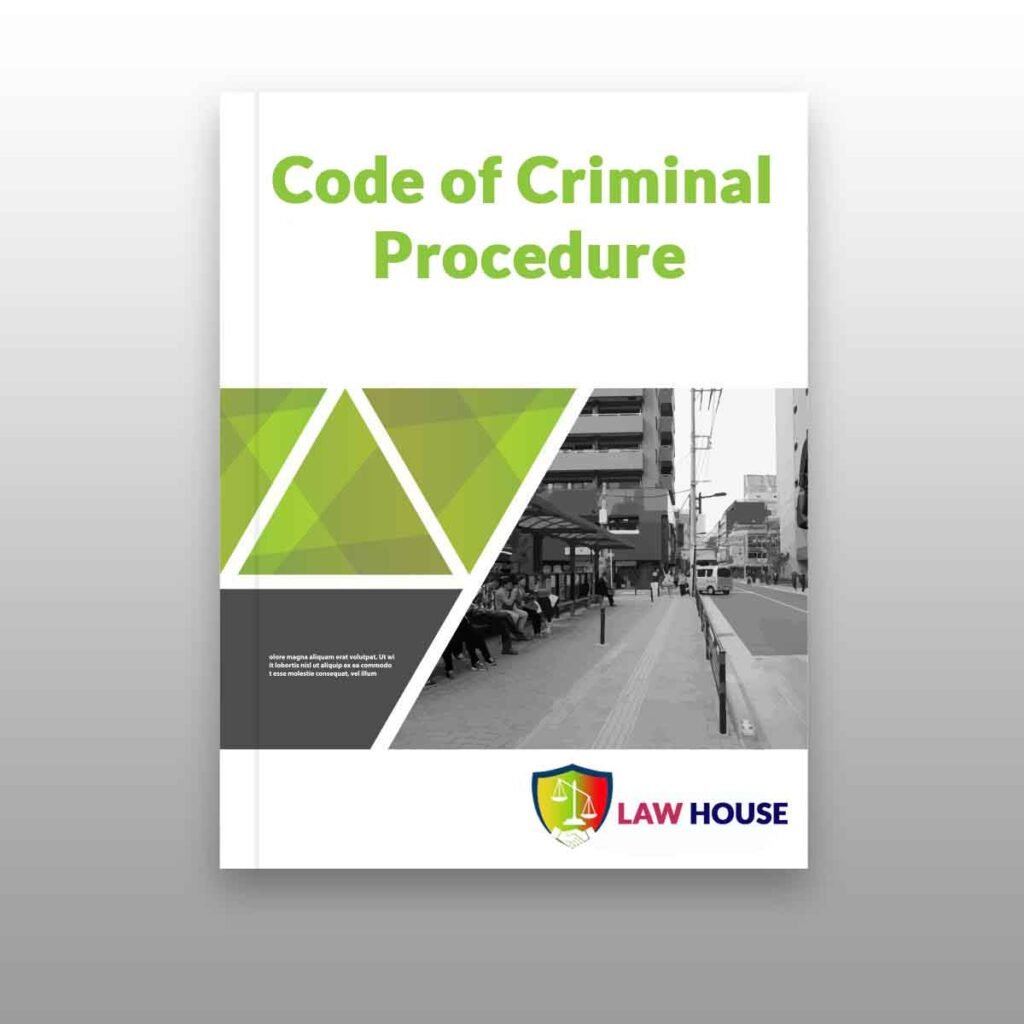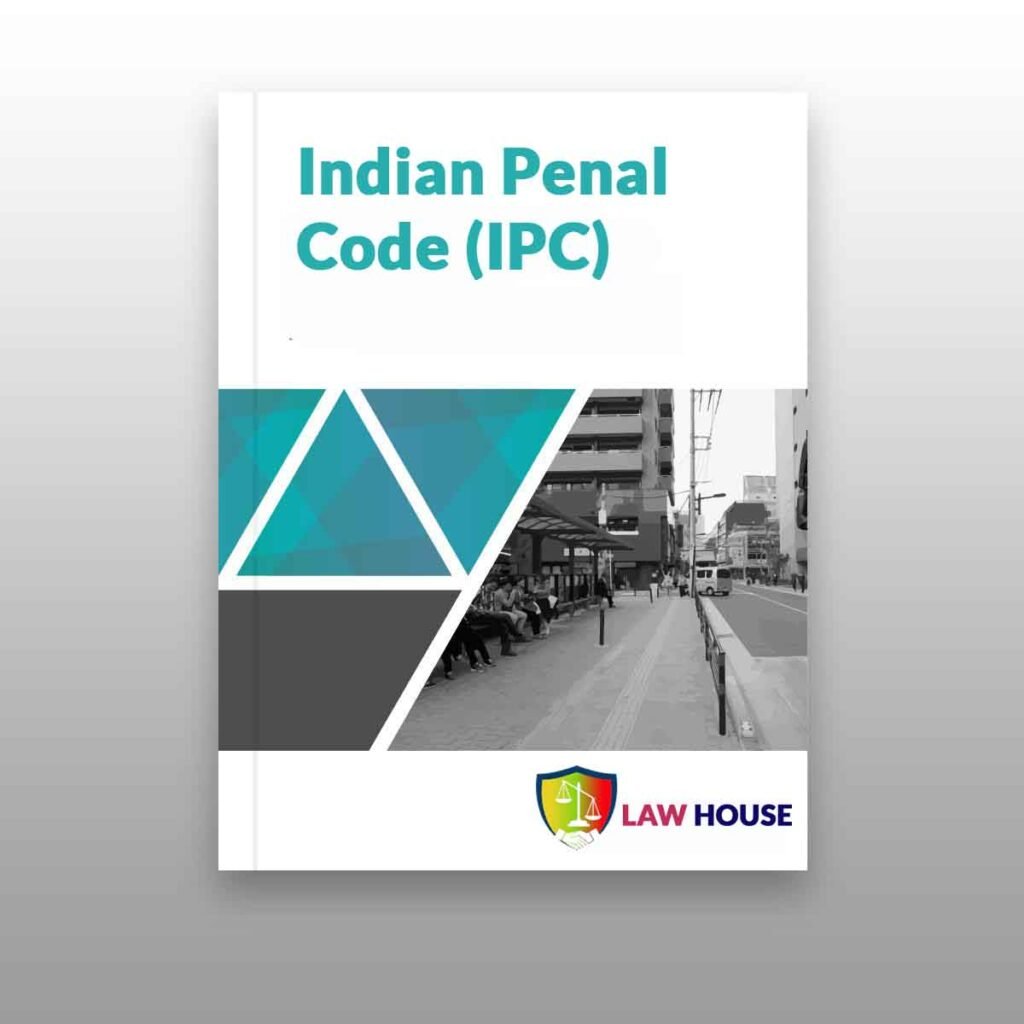What is Anticipatory Bail
Anticipatory bail is granted under section 438 of the Criminal Procedure Code when a person has the apprehension of arrest in criminal cases. A person can apply for anticipatory bail even before a First Information Report (FIR) has been filed against him, on anticipatory bail the person has a reason to believe that there is a chance to get him arrested on false or trump up charges
Who is eligible to obtain anticipatory bail?
When any person has a reason to believe that there is a chance to get him arrested on false or trump up charges, or due to enmity with someone, or he fears that a false case is likely to be built up against him, he has the right to move the court of Session or the High Court under Section 438 of the code of Criminal Procedure for grant of bail in the event of his arrest, and the court may if it thinks fit, direct that in the event of such arrest, he shall be released on bail.
Example of offences:
1. Criminal breach of trust (Section 406 IPC),
2. Dowry
3. Husband or relative of husband of a woman subjecting her to cruelty (Section 498A IPC),
4. Other non-bailable offence.
Conditions:
- that the applicant shall make himself available for interrogation by a police officer as and when required;
- that the applicant shall not, directly or indirectly, make any inducement, threat or promise to any person acquainted with the facts of the accusation against him to dissuade him from disclosing such facts to the Court or any police officer;
- that the applicant shall not leave India without the previous permission of the Court; and
- such other conditions as may be imposed under sub-section (3) of section 437 as if the bail was granted under that section.

How to file File Anticipatory bail Application? Step by Step guide for everyone.
Difference Between Regular Bail, Anticipatory Bail and Interim Bail
Anticipatory Bail is granted after the registration of FIR but BEFORE a person is arrested by police. If a person apprehends that he might be arrested, he may apply for an Anticipatory Bail.
Regular Bail is applied for by a person AFTER his arrest. Since he has already been arrested and in the custody of police, he has to apply for Bail.
Interim Bail is like a temporary bail which may be granted till the time your application for Anticipatory Bail or Regular Bail is pending before a Court.
Can the bail be cancelled?
The High Court or Court of Session may direct the police to arrest the person and cancel the anticipatory bail if it is brought to the notice of the court, either by the prosecution, through the police or the complainant or the witness, depending on the circumstances, that the person who had been granted anticipatory bail did not adhere to the conditions ordered by the Court.
Know which are bailable offence and which are non bailable offence in India.
Related Topic:
Related Books:

-
Previous Post
Restitution of Conjugal Rights in Hindu Marriage Act



